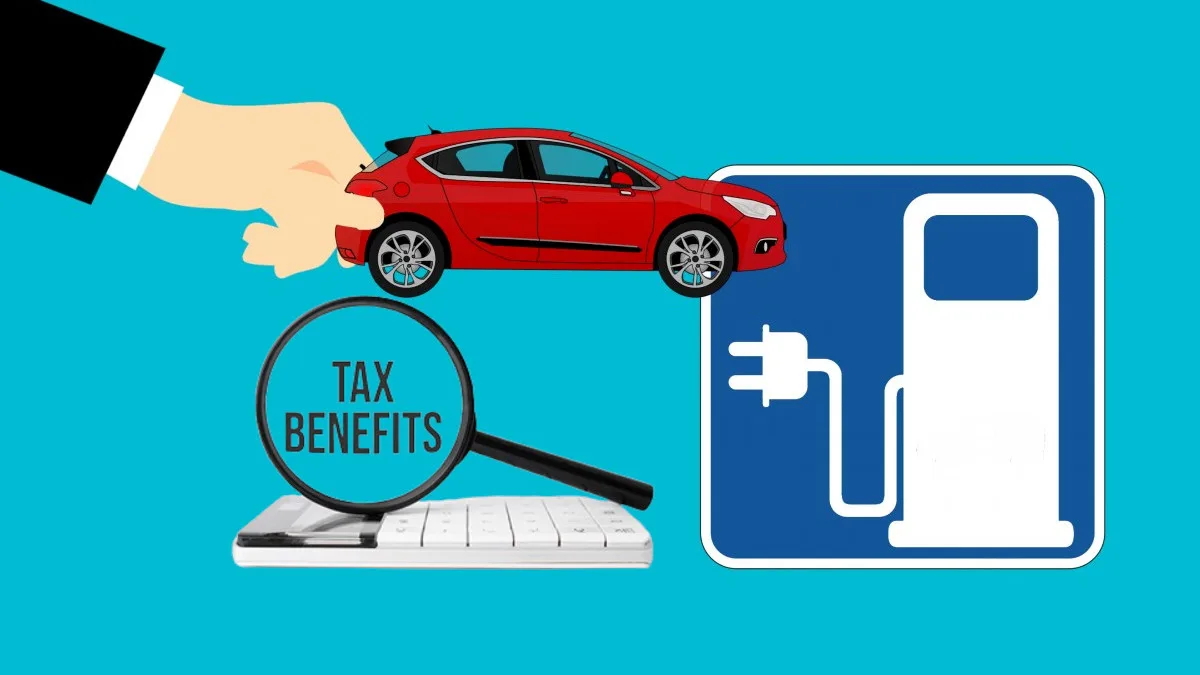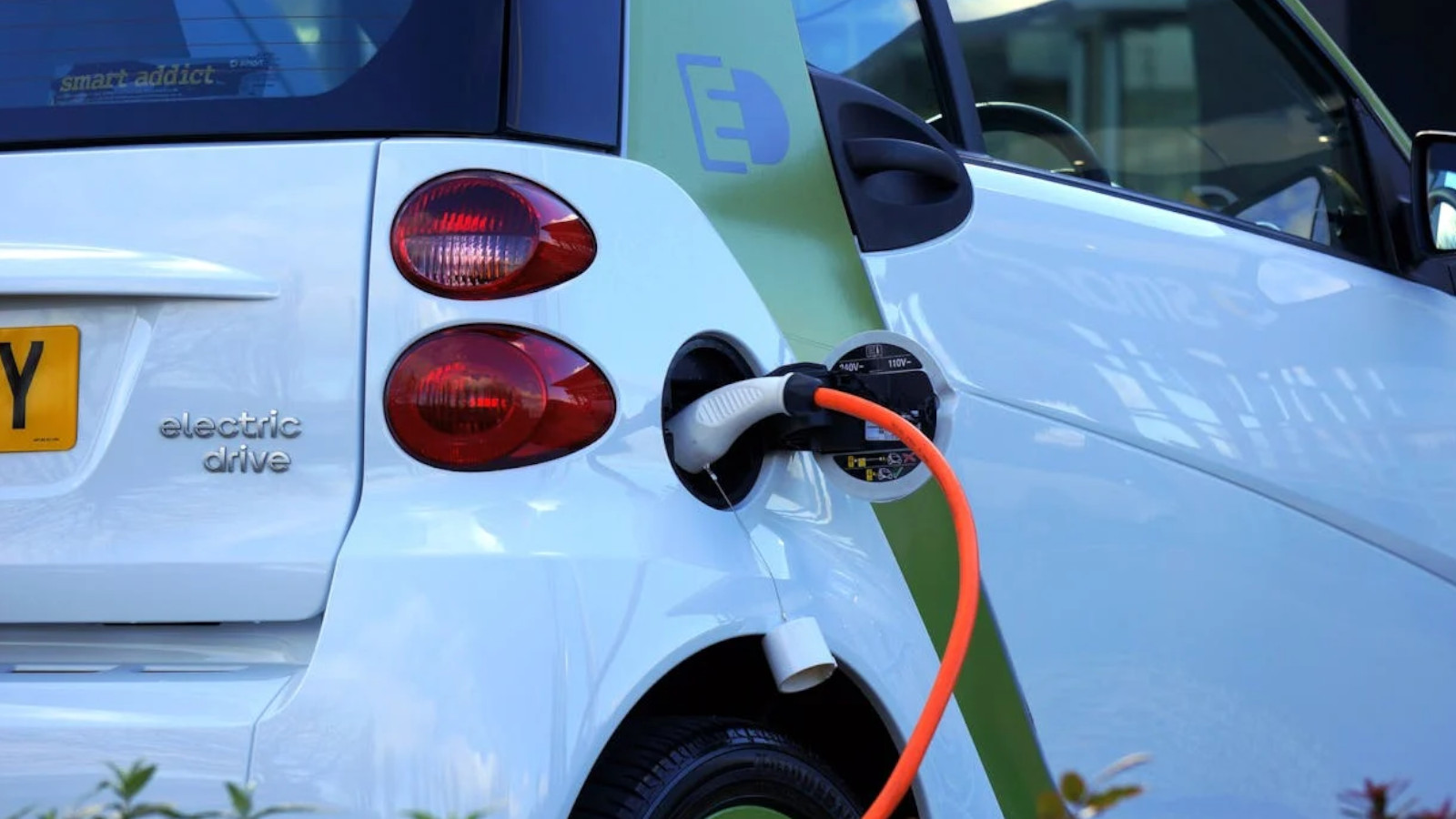The Indian government is pushing for a greener future, and electric vehicles (EVs) are a key part of that strategy. To incentivize EV adoption, they offer a tax benefit under Section 80EEB of the Income Tax Act. This benefit allows individual taxpayers to claim a deduction on the interest paid on loans taken to purchase EVs. Let’s navigate the process of claiming this benefit and explore how it can significantly reduce your tax burden.
Understanding Section 80EEB
Section 80EEB offers a deduction of up to ₹1.5 lakh on the interest portion of your EV loan. This essentially reduces your taxable income, leading to potential tax savings. However, there are certain eligibility criteria and limitations to keep in mind.
Eligibility for the EV Tax Benefit
- Loan Approval Date: The EV loan must have been sanctioned between April 1, 2019, and March 31, 2023. Important Note: This benefit was available for loans sanctioned until March 31, 2023. It’s recommended to check for any updates or extensions made by the government.
- Loan Source: The loan must be taken from a registered financial institution or a non-banking financial company (NBFC).
- EV Type: The benefit applies to both electric two-wheelers and four-wheelers.
Documents Required for Claiming the Benefit
- Tax Invoices: Retain the original purchase invoices for your EV.
- Interest Payment Certificate: Obtain a certificate from your lender that details the interest paid on your EV loan during the relevant financial year.
- Loan Documents: Keep your loan agreement and repayment schedules handy.
Claiming the Deduction During ITR Filing
- File your Income Tax Return (ITR) under the relevant head (ITR 2 or ITR 3).
- While filing, locate the section for deductions under Chapter VIB of the Income Tax Act.
- Select Section 80EEB and enter the interest amount you paid on your EV loan during the financial year. Ensure it doesn’t exceed ₹1.5 lakh.
- Attach the aforementioned documents as proof while filing your ITR.
Additional Points to Consider
- Business Use: If you use your EV for business purposes, you can claim the entire interest amount as a business expense, even if it exceeds ₹1.5 lakh. However, the vehicle must be registered under your business name.
- One-Time Benefit: This deduction can only be claimed once during the assessment year, regardless of the number of EVs you purchase.
- Future Updates: The government may revise or extend the benefit in the future. Stay updated by checking official government websites or consulting a tax advisor.
Optimizing Your EV Tax Benefit
- Plan Your Loan: If you’re considering an EV purchase, factor in the potential tax savings when calculating your loan amount.
- Maintain Records: Keep all relevant documents organized for smooth ITR filing.
- Timely Filing: Ensure you file your ITR within the due date to avoid penalties.
By following these steps and staying informed, you can leverage the EV tax benefit and make a significant saving on your taxes. Remember, switching to an EV not only benefits your wallet but also contributes to a cleaner environment. So, drive green, save green, and embrace the future of mobility!
Discover more from Wheels Craze - Automotive News, EV News, Car News, Bike News
Subscribe to get the latest posts to your email.




